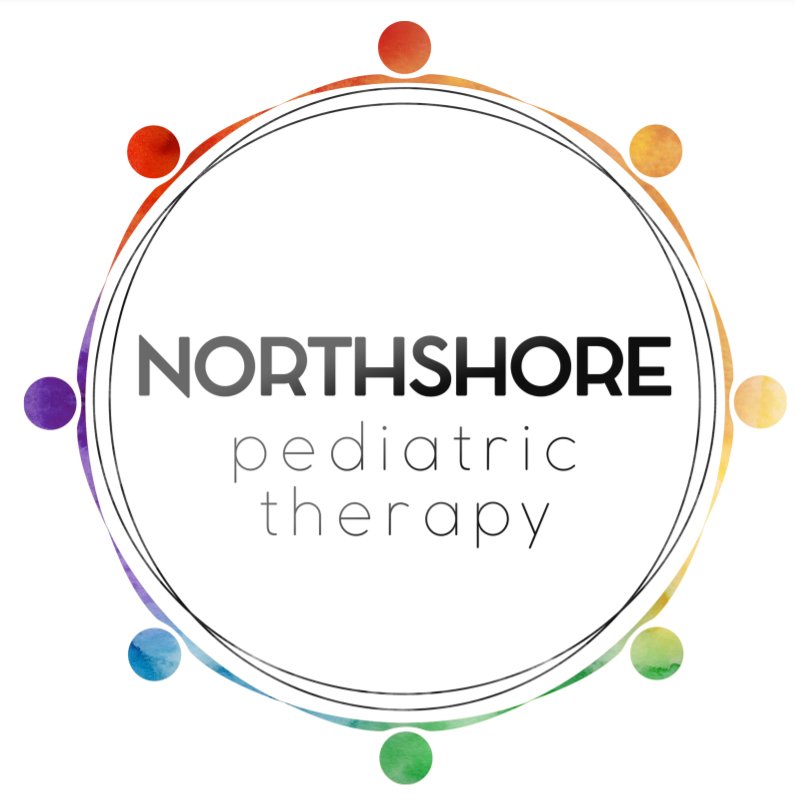The Importance of Memory on the Development of Speech and Language Skills
Written by Sarah Gunderson, M.S., CCC-SLP
Believe it or not, memory is a pretty huge part of communication development. Memory impacts a person’s ability to carry out almost every activity in day to day life – including speech and language production and comprehension!
So what exactly is memory, then?
MEMORY 101
Definition of memory:
Memory is how “knowledge is encoded, stored, and later retrieved”.
There are many different types of memory, and each one is its own unique piece of a big neurological puzzle. You may already know about some types, like short- and long-term memory, but quite a few other types exist as well.
Specific types of memory include:
Short-term memory – temporarily storing a short amount of information (e.g. a phone number that has just been recited)
Long-term memory – storing information over a long period of time - often years!
Auditory memory – ability to remember something heard (can be short-term or long-term).
Visual memory – ability to remember something seen (can be short-term or long-term).
Procedural memory - a type of long-term memory for how to perform different actions and skills, like riding a bike.
Semantic memory - ability to remember words, concepts, or numbers, which is essential for the use and understanding of language.
Declarative memory - conscious recollection of particular facts and events. Think, cramming for a big exam in school.
Episodic memory - recollection of particular life experiences, such as a wedding day or the day you got your first pet.
Working memory (can be auditory or visual) – similar to short term memory, but holds the information so it can be manipulated (e.g. reasoning, decision making, problem solving). If the task is more complex, working memory spends more time processing.
Working memory capacity impacts:
Reading decoding
Language comprehension
Spelling
Following directions
Vocabulary development
Relating new information to prior knowledge
Oral language comprehension
Verbal reasoning
Written expression
Oral expression
So you might be wondering, ‘can I do anything to strengthen my kid’s, or my own memory?’ The answer is YES!
Here are some strategies that YOU can do at home to improve short term memory performance and retention, allowing working memory to be more efficient:
Repeat it – say it over and over
Group it/Chunk it – break it up – like the sections in a phone number and birth dates
Sing it – add a rhythm or a song
See it – picture the details over and over
Relate it – think of what goes with it (What goes with shoes? – Socks!)
Say it – make up a silly sentence
Speech-language pathologists are skilled at incorporating these techniques and others to maximize retention of newly learned skills!
Curious to learn more?
Source: Holland, Beth, M.A. CCC-SLP, “Strategic Interventions for Auditory Memory Training,” Super Duper Publications, 3/24/2012


